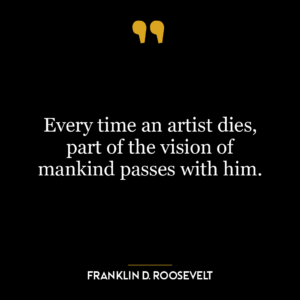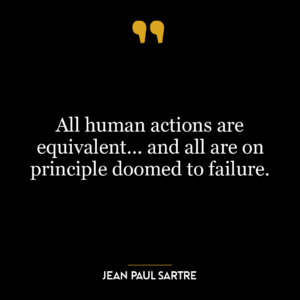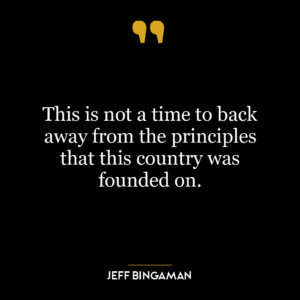This quote emphasizes the importance of both values and principles in guiding our actions and predicting their outcomes. Values are the deeply held beliefs that motivate our behavior. They are the personal standards we set for ourselves, determining how we interact with others and the world around us. For example, if one values honesty, they are likely to behave in a way that reflects this, such as by telling the truth even when it’s uncomfortable or inconvenient.
On the other hand, principles are the fundamental truths that dictate the consequences of our actions. They are universal and unchanging, like the law of gravity. No matter what one’s values are, the principles remain the same. For instance, if someone values personal gain above all else and lies to achieve it, the principle of trust (or lack thereof) will govern the outcome. They may achieve short-term gain, but in the long run, their relationships and reputation may suffer.
In today’s world, this idea is particularly relevant. Society is becoming increasingly value-diverse, with individuals and groups holding different and often conflicting values. This can lead to a wide range of behaviors, from acts of great kindness to those of violence and hatred. However, the principles that govern the consequences of these behaviors remain the same. Acts borne of compassion and understanding tend to foster cooperation and peace, while those borne of hatred and fear often lead to conflict and suffering.
In terms of personal development, understanding the difference between values and principles can be a powerful tool. It encourages us to reflect on our values and consider whether they align with the principles we want to uphold. For example, if we value success, but find ourselves compromising our integrity to achieve it, we may need to reassess our approach. By aligning our values with positive principles, we can drive behaviors that lead to beneficial outcomes, both for ourselves and others.







